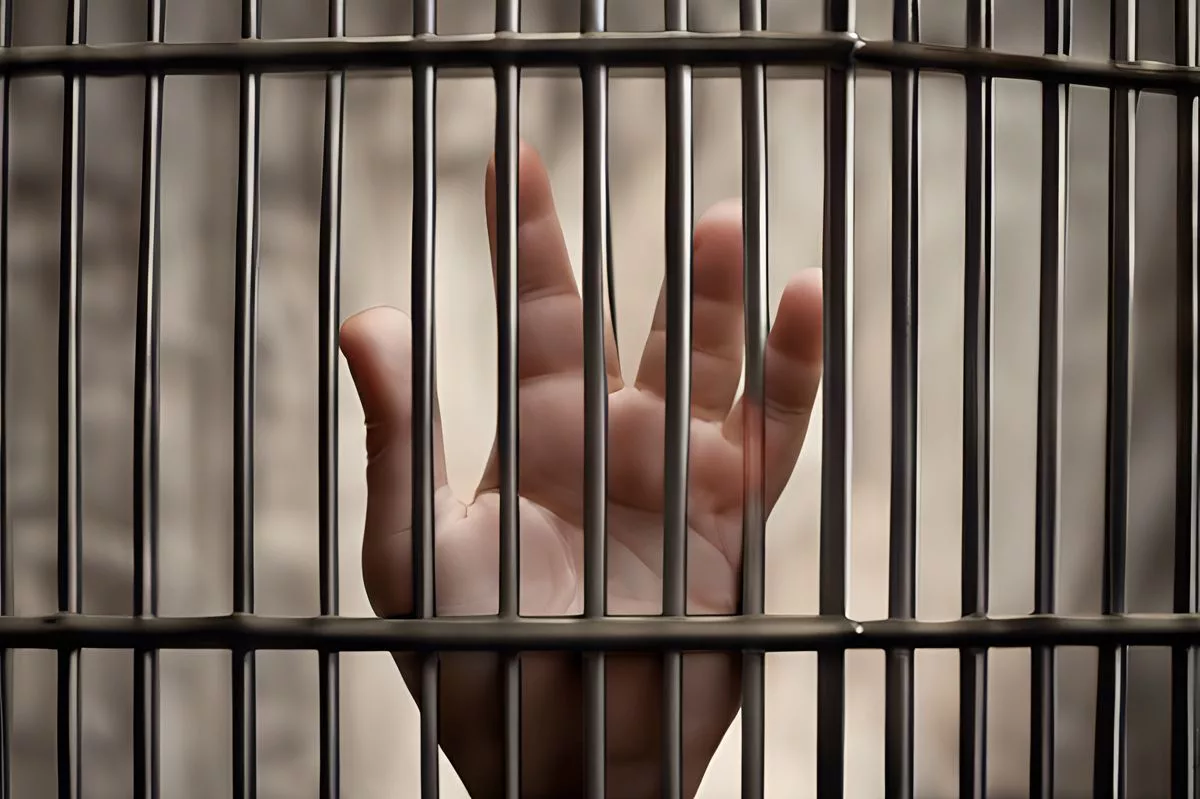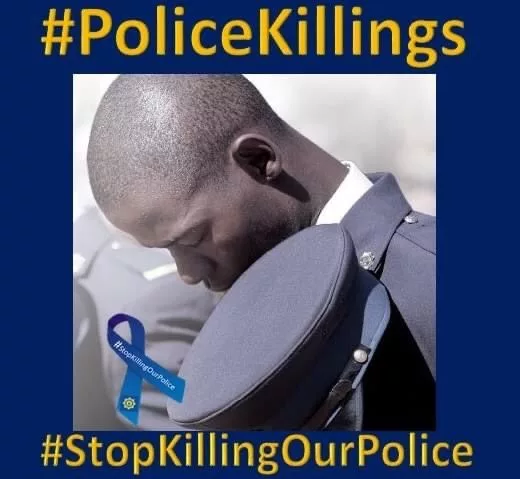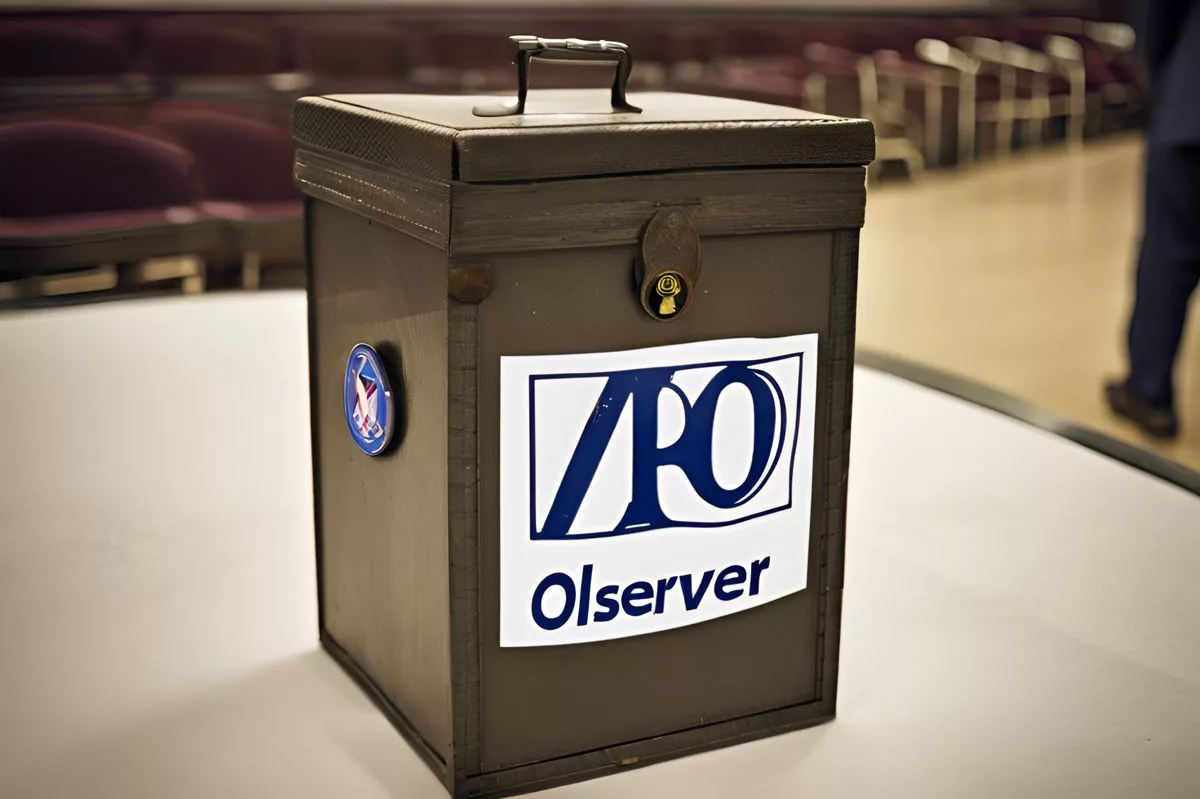The Unified Call for Justice for Joshlin Smith is a petition demanding that the parties involved in the alleged kidnapping and trafficking of six-year-old Joshlin Smith be denied bail. The petition has gained momentum with nearly 15,500 signatures and counting, challenging societal complacency towards child exploitation and demanding thorough investigation and justice. The case highlights the harsh realities of child exploitation and the power of collective action in the quest for justice. The petition and the voices clamoring for justice for Joshlin illustrate the strength of collective action and South Africa’s determination to combat societal downfall.
What is the Unified Call for Justice for Joshlin Smith?
The Unified Call for Justice for Joshlin Smith is a petition on Change.org demanding that the parties involved in the alleged kidnapping and trafficking of six-year-old Joshlin Smith be denied bail. The petition has gained momentum with nearly 15,500 signatures and counting, challenging societal complacency towards child exploitation and demanding thorough investigation and justice. The case highlights the harsh realities of child exploitation and the power of collective action in the quest for justice.
Unleashing the Power of Collective Action
In the swirl of societal upheaval, a solitary spark has kindled a wave of shared willpower. A plea on Change.org, a platform celebrated for amplifying the muted, has been gaining rapid momentum around a case that has jarred the core of South African society. The central plea of the petition is straightforward: deny bail to the parties involved in the distressing case related to the vanishing and supposed trafficking of the young Joshlin Smith.
Just a day after the four alleged culprits appeared in the Vredenburg Magistrate’s Court, the petition was launched, offering a glimmer of hope amidst the dark chaos. The suspected quartet, which includes Joshlin’s mother, Kelly Smith, her boyfriend Jacquen Appollis, Steveno van Rhyn, and the purported sangoma, Phumza Sigaqa, face serious allegations. They stand accused of grave crimes such as human trafficking for the purpose of exploitation and kidnapping – charges that have sent ripples of shock and dread through the South African populace.
The defendants have turned to legal aid, signaling a potentially drawn-out and tortuous legal combat ahead. A source unveiled that an arrest came after a confession that Joshlin had been sold to the sangoma for roughly R20,000, a revelation that further complicates and intensifies the terrifying nature of the case. The court has postponed proceedings until 13th March, during which more information associated with the bail will be revealed. Until then, the accused remain under lock and key.
Petition Gains Momentum, Demands Justice
The petition, sprung to life by June Major, has already gathered nearly 15,500 signatures, aiming to hit a formidable 25,000. This drive challenges societal complacency and indifference, shedding light on the grim and painful realities that children like Joshlin are subjected to. It lends a voice to the obscured and marginalized victims of cruel crimes, forcing society to acknowledge the harsh realities of child exploitation, drug addiction, and poverty.
The plea extends past the four defendants currently behind bars, reaching out to any other implicated parties as ongoing investigations unravel. An air of urgency and fervor surrounds the plea, echoing a collective demand for thorough investigation and justice, a unified insistence that every possible lead must be followed until Joshlin is located.
The Call for Justice Amplified
This cry for justice resonates with Western Cape Provincial Minister of Community Safety and Police Oversight, Reagen Allen. Using the reach of social media, Allen has publicly urged the courts to deny bail, adding his voice to the growing chorus demanding the accused reveal the truth.
Allen stressed, “We want this young girl to be found unharmed and safely returned home. These suspects must come clean.” His call for justice extends past Joshlin’s case, acknowledging the innumerable families who are anxiously awaiting the return of their missing loved ones.
Joshlin, a six-year-old girl with promising potential, went missing on 19th February while playing outside her home in the Middelpos informal settlement in Diazville, Saldanha Bay. More than three weeks have elapsed since her last sighting, and with every passing day, the urgency to locate her intensifies.
The Power of Unity in the Face of Adversity
As Joshlin’s story continues to unravel, it serves as a sobering reminder of the harsh realities countless children in South Africa confront. However, within the tragedy, this narrative also offers a glimpse into the strength of collective action, illustrating how the voice of the people can become a formidable force in the quest for justice.
The Change.org petition, the voices clamoring for justice for Joshlin, and law enforcement’s determined efforts all stand as proof of South Africa’s determination to combat the sinister undercurrents of societal downfall. It’s a striking display of the country’s spirit of unity and resilience in the face of adversity, the power of a society committed to shielding its most defenseless members. The search for Joshlin Smith presses on, and with it, the battle against the deep-seated injustices of child exploitation and human trafficking.
1. What is the Unified Call for Justice for Joshlin Smith?
The Unified Call for Justice for Joshlin Smith is a petition on Change.org demanding that the parties involved in the alleged kidnapping and trafficking of six-year-old Joshlin Smith be denied bail.
2. How many signatures has the petition gathered so far?
The petition has gathered nearly 15,500 signatures, with the aim of hitting a formidable 25,000.
3. What are the charges against the four defendants?
The four defendants, including Joshlin’s mother and her boyfriend, face serious allegations of human trafficking for the purpose of exploitation and kidnapping.
4. What is the call to action of the petition?
The petition challenges societal complacency and indifference towards child exploitation and demands thorough investigation and justice for Joshlin and other victims of cruel crimes.
5. What has Reagen Allen, Western Cape Provincial Minister of Community Safety and Police Oversight, urged?
Allen has publicly urged the courts to deny bail to the accused and stressed the importance of finding Joshlin unharmed and safely returning her home.
6. What does Joshlin’s case illustrate?
Joshlin’s case highlights the harsh realities of child exploitation and human trafficking in South Africa and demonstrates the power of collective action in the quest for justice. It also showcases South Africa’s determination to combat societal downfall.










